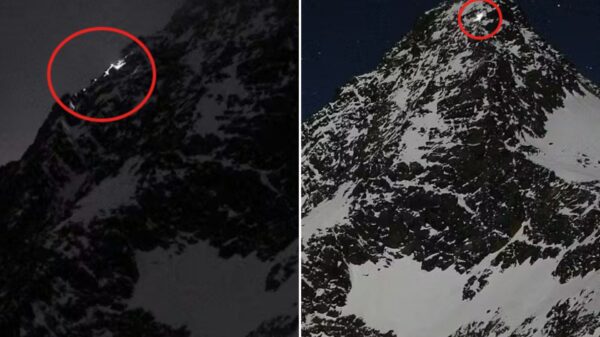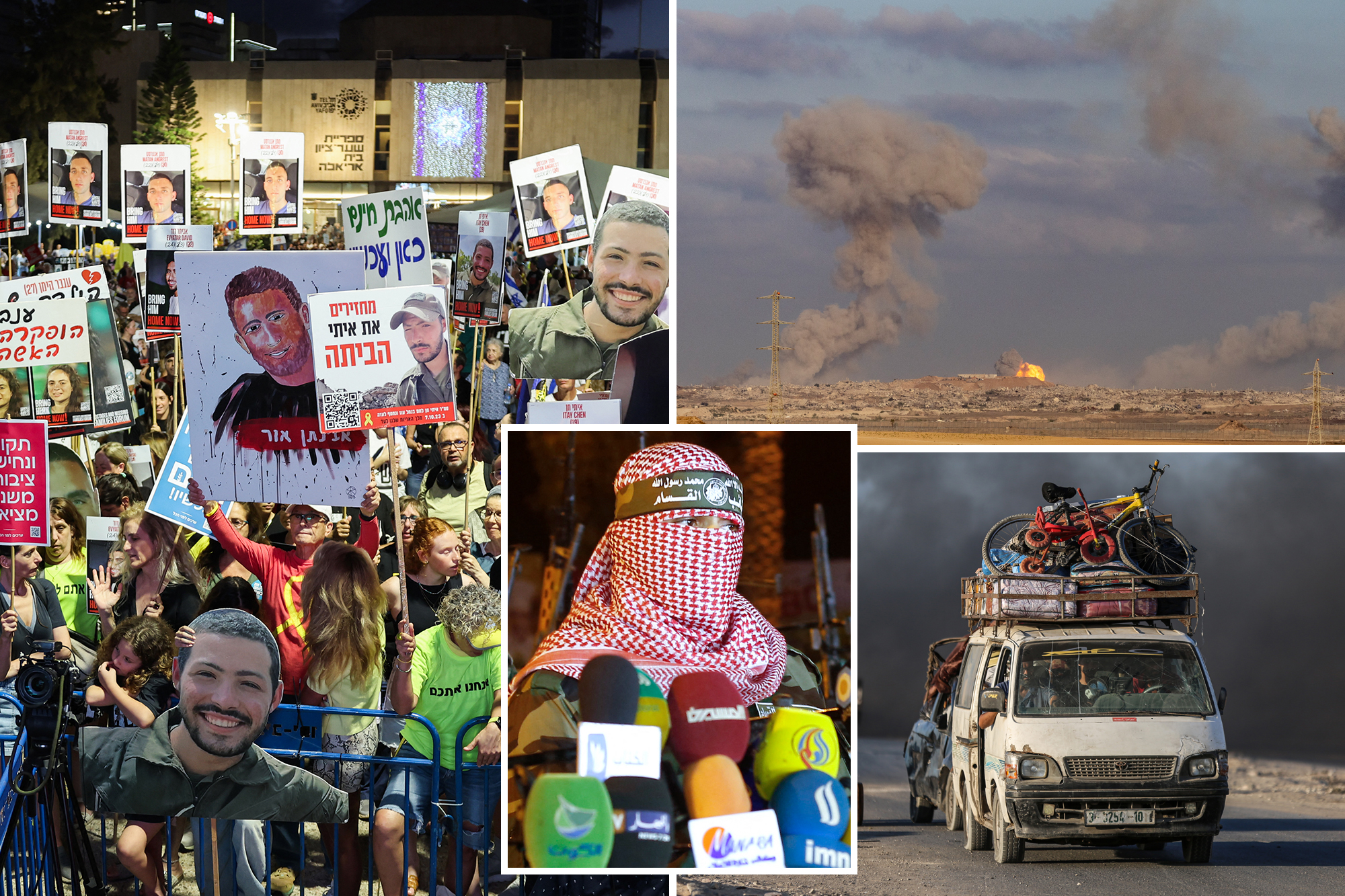Israeli forces intensified their military campaign against Gaza City on Sunday night, targeting key Hamas leaders and infrastructure. The airstrikes resulted in the death of senior Hamas official Abu Obeida, as Israeli officials warned that the conflict would extend beyond Gaza. Israeli Defense Minister Israel Katz stated that the government is committed to eradicating Hamas and indicated that future strikes would also target leaders residing abroad.
The strikes were concentrated in the Sheikh Radwan neighborhood, identified as a significant stronghold for Hamas. Reports suggest that this area could soon be occupied by Israeli military forces. Following the attack, Katz emphasized that many more Hamas operatives are likely to be killed in the ongoing operation, which he described as essential for Israel’s security. “Soon, with the intensification of the campaign in Gaza, many more of his criminal partners — Hamas murderers and rapists — will join him,” Katz wrote on X.
Abu Obeida was among the few remaining senior members of Hamas’ military wing before the group’s violent escalation on October 7, 2023, which resulted in the deaths of over 1,200 individuals in Israel. The Israeli military accused Obeida of orchestrating “propaganda and psychological terror campaigns” against the country, claiming that his office was responsible for disseminating videos of hostages taken during the initial attack.
Israeli Military Strategy and Global Warning
In a broader context, Eyal Zamir, Chief of Staff of the Israel Defense Forces (IDF), warned that Hamas officials living in countries like Yemen, Lebanon, and Syria are legitimate targets. “The bulk of Hamas’s ruling leadership that remains is abroad, and we will reach them, too,” Zamir stated, highlighting the global reach of Israel’s military strategy.
While Hamas has not confirmed the death of Obeida, the organization’s ministry of health reported at least 78 fatalities as a result of the latest wave of airstrikes. The intense military actions coincide with ongoing discussions among Israeli Prime Minister Benjamin Netanyahu and his security cabinet regarding the planned invasion of Gaza City, where significant numbers of civilians have sought refuge.
Israeli authorities have mandated the evacuation of Gaza City, where hundreds of thousands of residents are currently sheltering. As the military operation approaches its 23rd month, fears are mounting among civilians about becoming trapped between advancing Israeli forces and Hamas militants. Local resident Rezik Salah, a father of two, expressed concern, stating, “They are crawling into the heart of the city where hundreds of thousands are sheltering, from the east, north, and south, while bombing those areas from the air and ground to scare people to leave.”
International Concerns Over Civilian Impact
The United Nations has raised alarms about the potential humanitarian crisis that a full military takeover of Gaza City could trigger. Such an operation is anticipated to have “catastrophic consequences” for civilians and remaining hostages. The Red Cross warned that a complete evacuation would force people into already overwhelmed regions of the Gaza Strip, which are struggling with severe shortages of food, shelter, and medical supplies.
Despite the international concerns, Netanyahu has defended the impending invasion as the most effective means of dismantling Hamas and securing the release of hostages. Discussions regarding potential cease-fire proposals were not part of the security meetings. Out of the 251 individuals taken hostage on October 7, only 20 are believed to still be alive.
The ongoing conflict continues to affect the lives of countless individuals, raising pressing questions about the future of both Gaza and Israeli security.








































































